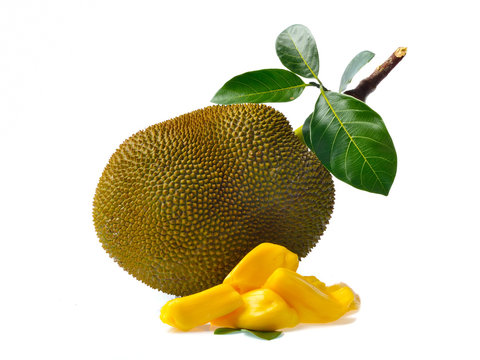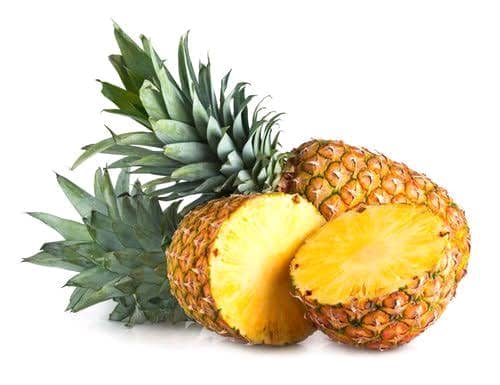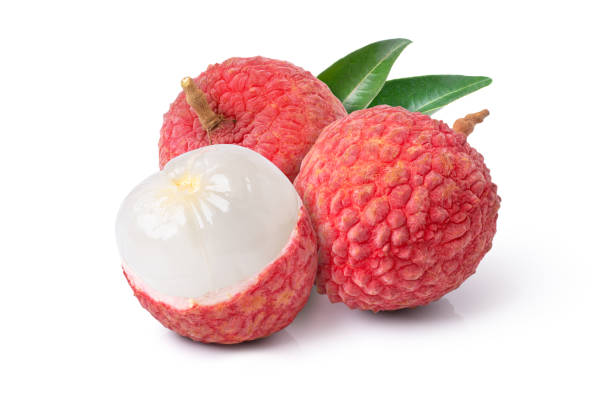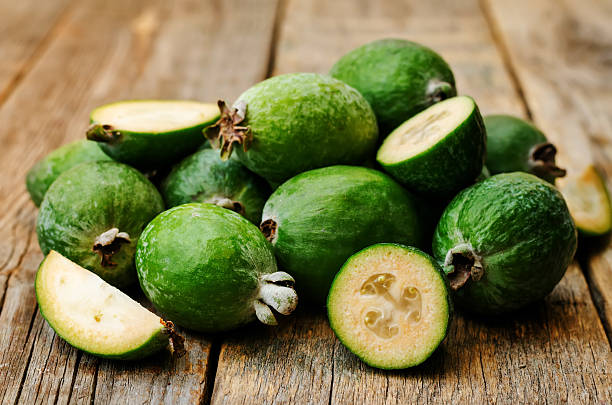Native to tropical regions, the jackfruit stands as a versatile marvel, celebrated not only for its unique taste and meaty texture but also for the wealth of essential vitamins, minerals, and antioxidants it provides. Often hailed as a plant-based alternative for its versatility, jackfruit’s nutritional profile adds a robust layer to its culinary appeal.
One of the standout features of jackfruit is its significant dietary fiber content. Rich in both soluble and insoluble fiber, jackfruit supports digestive health by promoting regular bowel movements, aiding in the prevention of constipation, and contributing to a feeling of fullness. The fiber content in jackfruit makes it a satisfying addition to plant-based diets and a potential ally for those seeking digestive well-being.
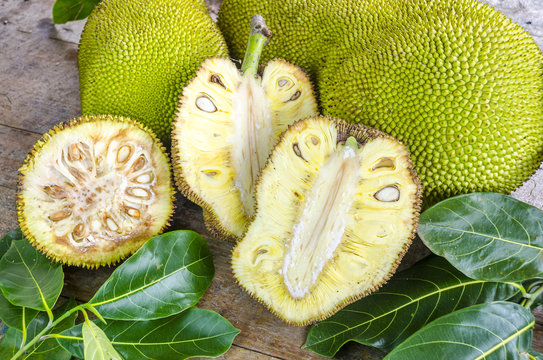
Jackfruit is a notable source of vitamin C, an antioxidant that plays a crucial role in immune function, collagen synthesis for skin health, and protection against oxidative stress. The presence of vitamin C in jackfruit adds a refreshing boost to its nutritional profile, contributing to overall immune vitality.
Potassium, an essential mineral for heart health, is found in jackfruit. This electrolyte helps regulate blood pressure, supports proper heart function, and contributes to overall cardiovascular well-being. The potassium content in jackfruit aligns with dietary recommendations for maintaining heart health, making it a valuable addition to balanced diets.
Jackfruit provides B-vitamins, including thiamine (B1), riboflavin (B2), niacin (B3), pyridoxine (B6), and folate (B9). These vitamins play crucial roles in energy metabolism, red blood cell formation, and neural development. The B-vitamin composition in jackfruit adds to its nutrient richness, offering a spectrum of essential nutrients in each serving.
Jackfruit is rich in antioxidants, including carotenoids and flavonoids, which contribute to its potential anti-inflammatory effects and protection against oxidative stress. The vibrant yellow color of ripe jackfruit signifies the presence of these beneficial compounds, making it not just a meaty substitute but also a nutritional powerhouse.
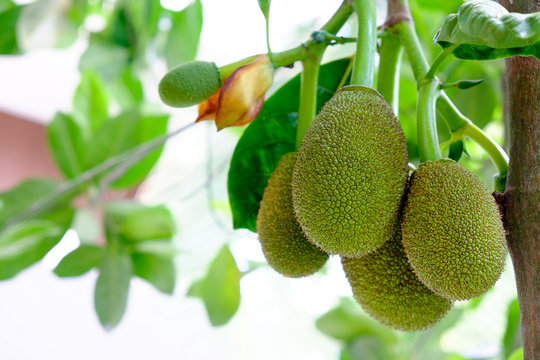
Despite its sweet taste, jackfruit is relatively low in calories and contains small amounts of natural sugars. This, combined with its fiber content, positions jackfruit as a satisfying and potentially weight-conscious option within a balanced diet.
Whether enjoyed fresh, as a meat substitute in savory dishes, or incorporated into desserts, jackfruit offers a unique combination of flavor and nutrition. Its adaptability in various culinary creations makes it a favorite among those exploring plant-based alternatives and seeking diverse nutrient sources.
In conclusion, jackfruit, with its versatility and nutrient richness, transcends its role as a tropical fruit to emerge as a nutrient powerhouse. From fiber-rich goodness to immune-boosting vitamin C and heart-supportive potassium, jackfruit offers a comprehensive array of nutrients. As we savor the distinct taste and texture of jackfruit, we are not just enjoying a plant-based alternative; we are partaking in a nutritional experience that delights both the palate and the body.

